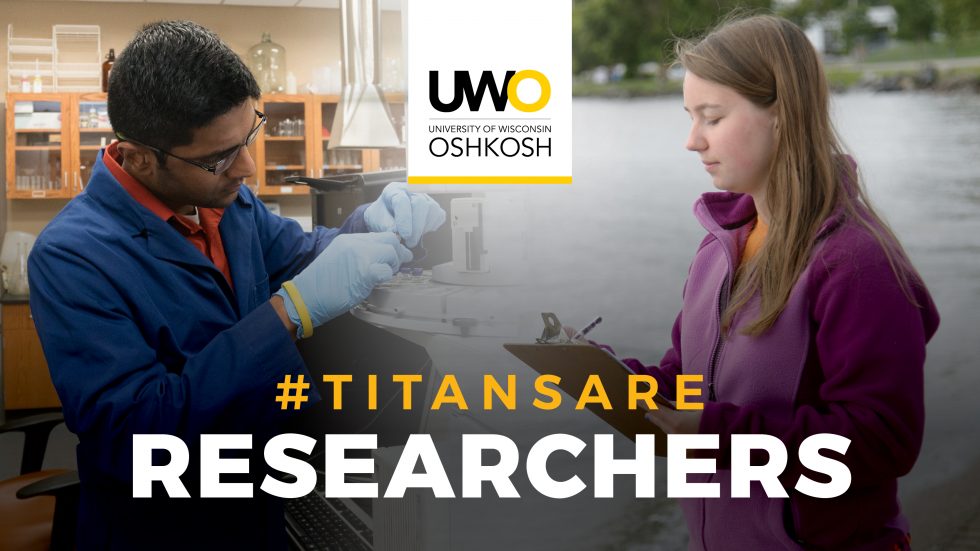
City managers and village administrators across the state say their experiences responding to the COVID-19 pandemic showed the need for better communication and clearer lines of authority regarding public health, according to new research by the University of Wisconsin Oshkosh.
The report, released Thursday, is titled Wisconsin Professional Manager Response to COVID-19 and is the result of work done through the University’s new Whitburn Center for Governance and Policy Research. The study was conducted by UW Oshkosh’s Michael Ford, associate public administration professor, and Samantha Larson, assistant public administration professor.
In September 2021 they surveyed 38 city managers and village administrators throughout Wisconsin and conducted in-depth Zoom interviews with seven Wisconsin municipal managers.
Ford is the director of the Whitburn Center, and Larson is deputy director. The Whitburn Center launched in fall 2021 with the mission of conducting practical applied research focused on evaluating and improving governance, professional management and public policy.These professional managers were the focus because they are hired by an elected city council or village board with the intention of insulating day-to-day operations from politics. Still, a popular critique of these professional managers is their distance from direct electoral accountability prevents the public from evaluating their performance. And as the pandemic became more and more politicized, these managers were forced to navigate a public health crisis from an apolitical position while pandemic politics raged around them.
Other findings from the surveys and interviews include:
- Local measures mostly were limited to information sharing and maintaining service delivery.
- Local managers often were reacting to fast-changing guidance instead of proactively responding to COVID-19.
- Who had authority for what was ambiguous, creating conflicts between state and local government. Conflict was heightened by poor cooperation.
- Local government leaders were very dissatisfied with state response to COVID-19.
- The legal battles between the state executive and legislative branches eroded public confidence in the government response to COVID-19.
- Cities and villages with more experienced leadership teams fared better throughout the pandemic.
Recommendations made by the researchers include:
- Clarifying, in statute and ordinance, what levels of government are in charge of specific aspects of public health before the next crisis.
- Incorporating public health crisis response into public sector leadership education.
- Improving government communication systems to align with how residents consume information.
- Aligning authority to make public health decisions with public health competencies—like having public health mandates come from governments with health departments, for example.
- Addressing morale in the government workforce and the professional manager profession through new mentorship programming increased professional development for staff, and fair and just compensation.
The report, and others from the Whitburn Center, are available here.
Learn more:
By
Link to original story: https://uwosh.edu/today/104050/pandemic-response-uwo-researchers-find-better-communication-clearer-lines-of-authority-needed/
